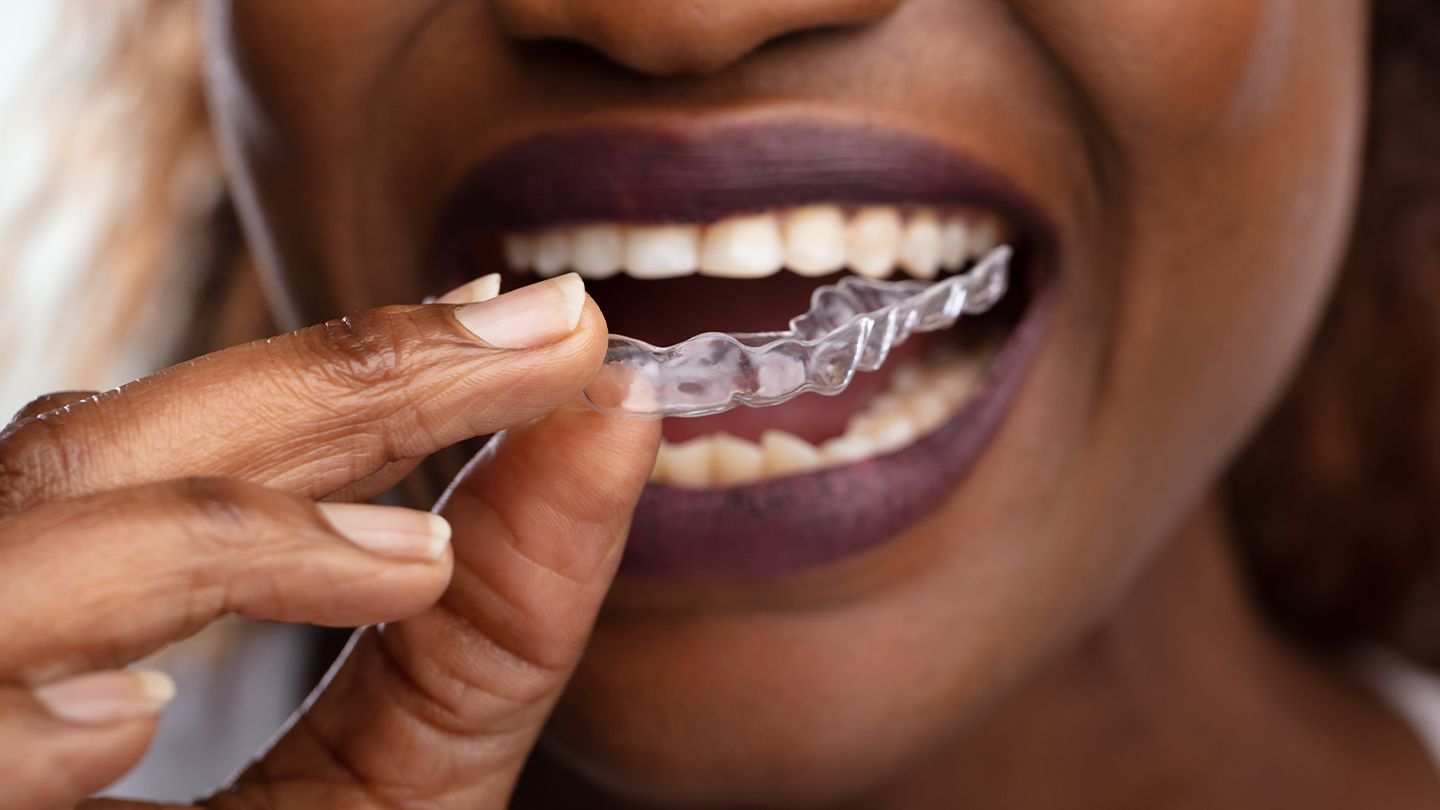
Night-Time Clenching: Expert Tips for Prevention
Night-time clenching, also known as bruxism, is a condition that affects many people. It is characterized by the unconscious grinding or clenching of teeth while sleeping and can lead to many dental problems, including tooth damage, jaw pain, headaches, and sleep disturbances. The condition is often caused by stress, anxiety, or emotional factors but can also be a side effect of medications or medical conditions.
If left untreated, night-time clenching can result in serious dental issues, such as worn-down teeth, jaw joint disorders, and even tooth loss. Therefore, seeking treatment as soon as possible is crucial to prevent further dental damage and maintain good oral health. Wearing Night guard clenching is known as the best method to prevent bruxism but, Here are some other tips for preventing night-time clenching:
Reduce Stress
Stress is a major trigger for bruxism, so finding ways to manage stress is vital. Engaging in activities that help reduce stress, such as exercise, mindfulness, or therapy, can help you relax and minimize the likelihood of clenching.
Avoid Stimulants
Caffeine and nicotine are known to increase the likelihood of clenching, so it’s best to avoid them before bedtime. Instead, try drinking herbal tea or warm milk to help you relax.
Maintain a Regular Sleep Schedule
Maintaining a consistent sleep schedule and establishing a bedtime routine can help promote relaxation and improve sleep quality. Additionally, avoid stimulating activities before bed, such as using electronic devices or watching TV.
Relax Before Bed
Engage in relaxation techniques before bedtime, such as reading a book, taking a warm bath, or practicing deep breathing exercises. This can help you unwind and reduce the likelihood of clenching during sleep.
Practice Good Posture
Maintaining good posture during the day can help reduce tension in the jaw and neck, reducing the likelihood of clenching at night.
Avoid Hard Foods
Chewing on hard foods, such as ice or candy, can increase the risk of clenching, so it’s best to avoid them. Instead, opt for softer foods that are less likely to cause damage to your teeth.
Use a Dental Splint
Wearing a dental splint, also known as a night guard clenching, is often considered one of the most effective methods for reducing the damage caused by bruxism. A custom-fit dental splint can help absorb the force of clenching and protect your teeth from damage, particularly for those who clench their teeth at night.
Treat Sleep Disorders
Sleep disorders such as sleep apnea or insomnia can also contribute to bruxism. Treating these conditions can help reduce the likelihood of clenching during sleep.
Final Words
In conclusion, preventing night-time clenching is crucial to avoid dental damage and jaw pain. However, the best approach may vary from person to person, and it is important to consult with a dentist or doctor to determine the most appropriate course of treatment for your needs. Nonetheless, with the right combination of lifestyle changes and treatments, it is possible to reduce or eliminate night-time clenching and maintain good oral health.







